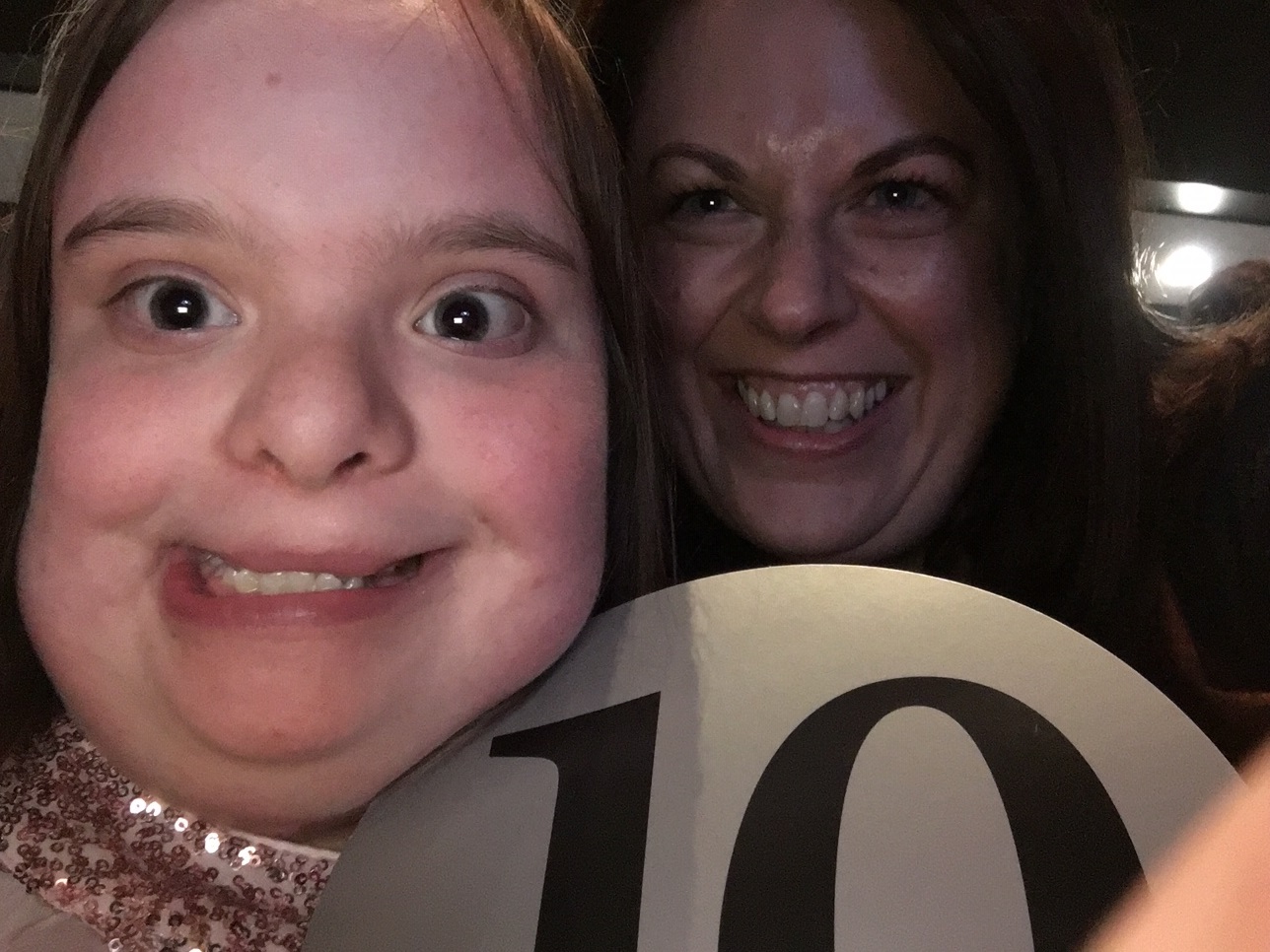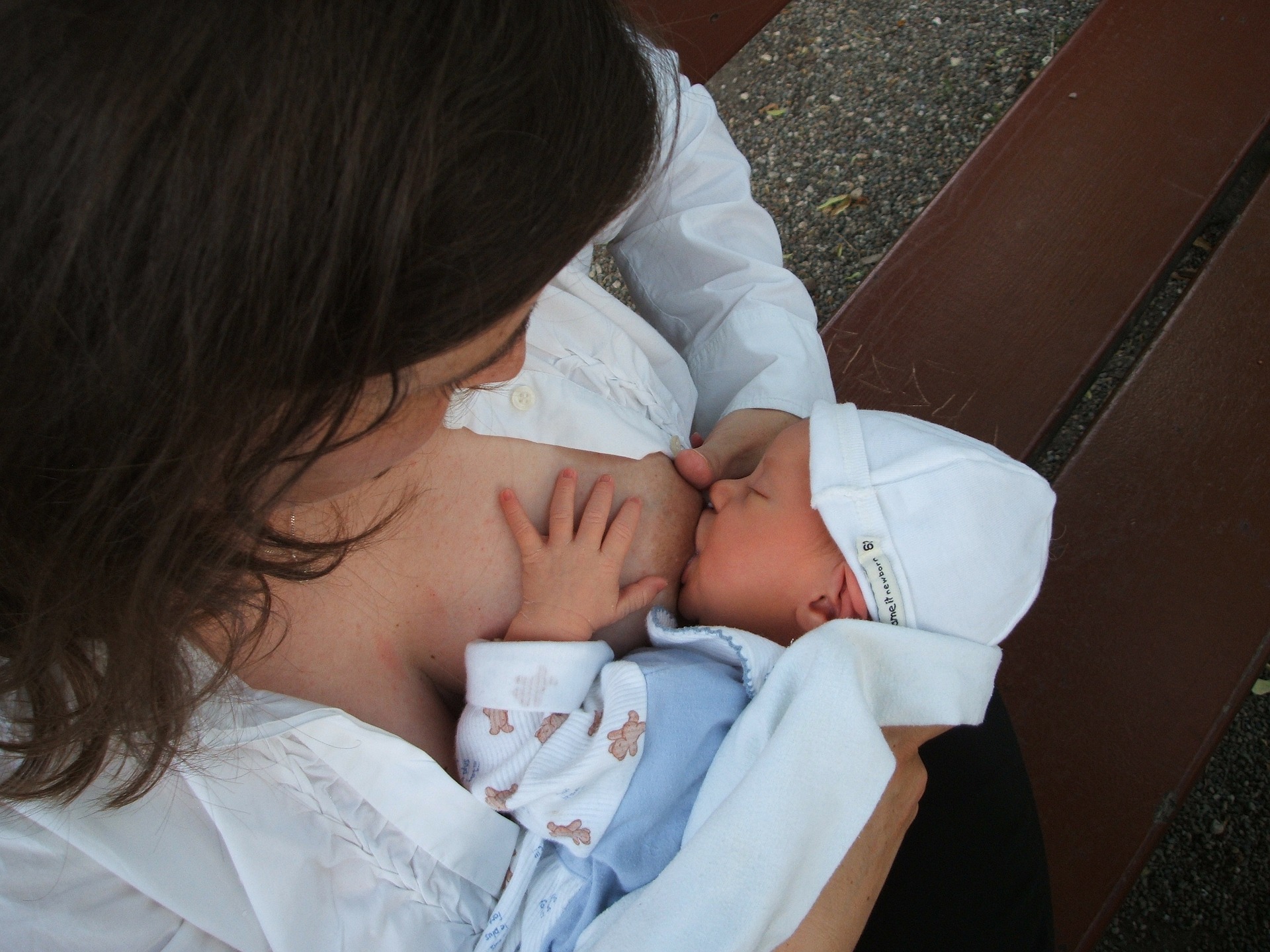September 2006: Having just celebrated his 50th birthday, it wasn’t exactly the news that Steve Thompson from Cottingham had been expecting.
Steve, husband to Sue and father to Claire, Neil and Josh, had spent time in hospital in the preceding months due to problems with his pancreas. Following what was considered a routine operation at Castle Hill Hospital to remove a mass, he was woken to be told his operation had gone as planned, but that the surgeon had also found ‘something else.’
In October 2006, one month later, scans and a biopsy had confirmed that Steve had cancer of the pancreas, liver and stomach. He was told it was inoperable, terminal, and that he would most likely have between three and six months to live.
Steve received 12 weeks of chemotherapy, two weeks’ rest then a further 12 weeks’ chemotherapy and 30 days of radiotherapy treatment.
“It got to August 2007, the anniversary of me getting sick in the first place, and I tried to go back to work, but it wasn’t going to be possible, and I ended up taking early retirement because of my prognosis,” he says.
“I’ve always looked after myself physically; I eat healthily and I cycled to work in Brough and back every day for over 25 years. I think this has helped me to develop an immense immune system, and it’s this and my positive mental approach which I think have enabled me to still be here today.”
But it wasn’t always like that. When he was given the news about his cancer, it took months for Steve to come to terms with it, but the staff within the hospital’s Oncology Health Centre were there from the outset to provide care, reassurance, and a listening ear.
“I remember going in to see the team and telling my story, and I got quite emotional. I suffered quite badly over the following months with depression, anxiety and panic attacks.
“Trish and Mike in oncology health were just so helpful and professional. They worked with me to try and calm my anxieties though relaxation, breathing exercises and ultimately medication, but they also had all the answers when it came to the other more practical things like filling in financial paperwork and managing my physical symptoms.
“They didn’t just help me, they were a help for my whole family; they were an absolute God-send.”
Almost 13 years after being told he had just months left, Steve, now aged 63, is still very much here and making his presence felt in a positive way. For the past eight months, he has volunteered every Friday as a ‘meeter and greeter’ at Castle Hill’s main entrance, and each Wednesday he helps out on Ward 33 within the Queen’s Centre. This latter role sees him running general ward errands and clearing pots away, but it also gives him chance to talk to other patients who are in a similar situation or who may be going through the same feelings and anxieties as he did all those years ago.
“I enjoy chatting to people, so this is my chance to give something back and in some ways, offer hope to people.
“Some people might be phased by being back in the hospital environment but it doesn’t bother me. With the help of the Oncology Health Centre, I’ve built a positive mental attitude.
“Being told they had just months left, some people might have just spent all their money or gone off and had a good time with it, but I’d see that as giving in to the cancer.
“I love the sun, but I was told I should try and avoid the sun after my chemotherapy as it wouldn’t be good for me. Again, I saw that as giving in. Instead, I’d lay out in it and imagine the sun’s rays burning down into my pancreas and shrinking the cancer. While I had to accept the diagnosis, I was determined that it wasn’t going to beat me or change me as a person.”
Steve is just one of thousands of people who have been supported throughout their cancer journey and beyond by Hull University Teaching Hospitals NHS Trust’s Oncology Health Centre.
Having been founded back in 1999 by Professor Leslie Walker and Mary Walker, the oncology health service provides psychological, emotional and practical support for people with a cancer diagnosis.
It’s had a couple of different homes since it was set up, starting out at Princess Royal Hospital and moving into the Queen’s Centre when it opened in 2008.
The service now boasts a specialist team which comprises clinical psychologists, cognitive behavioural therapists, nursing and admin staff, plus its own set of volunteers. Then there’s the Oncology Health Centre itself, where patients and their loved ones can simply come and spend time, relax with a cuppa, and chat with the team about any worries or concerns they may have.
The team takes written referrals from health professionals – this could be at the point of diagnosis or while a patient is spending time on a ward – as well as accepting self-referrals from people who decide they need a bit of extra help.
Twenty years since the service was first established, the team is now planning to celebrate this fantastic milestone and take the opportunity to highlight their successes with a special open event.
On Tuesday 30 July, the main foyer within the Queen’s Centre, Castle Hill Hospital, will be transformed to host to information stands and displays covering the history and the achievements of the Oncology Health Centre. Staff from the service will also be on hand to offer expert advice and discuss how they can work with both patients and professionals.
Among those attending the event will be former staff and patients including Professor Walker and Mrs Mary Walker, and of course, Steve Thompson. The event will run from 9am to 4pm – all welcome.

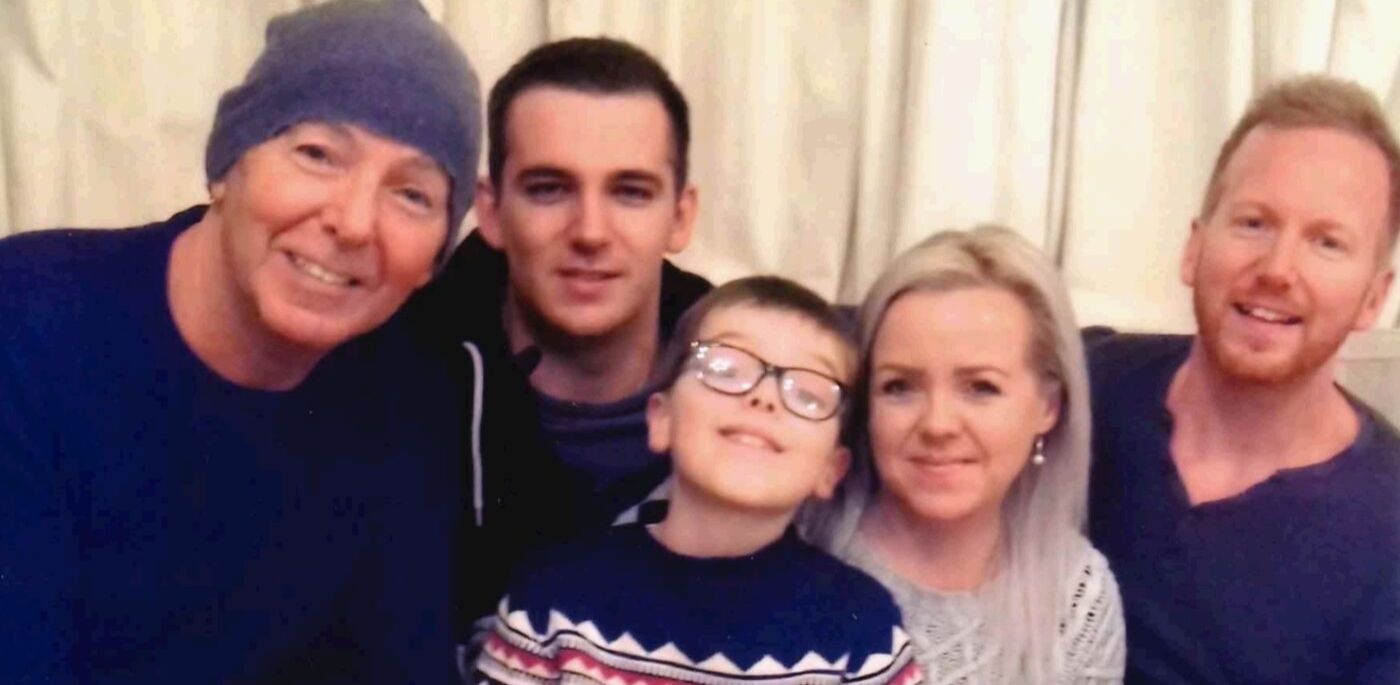


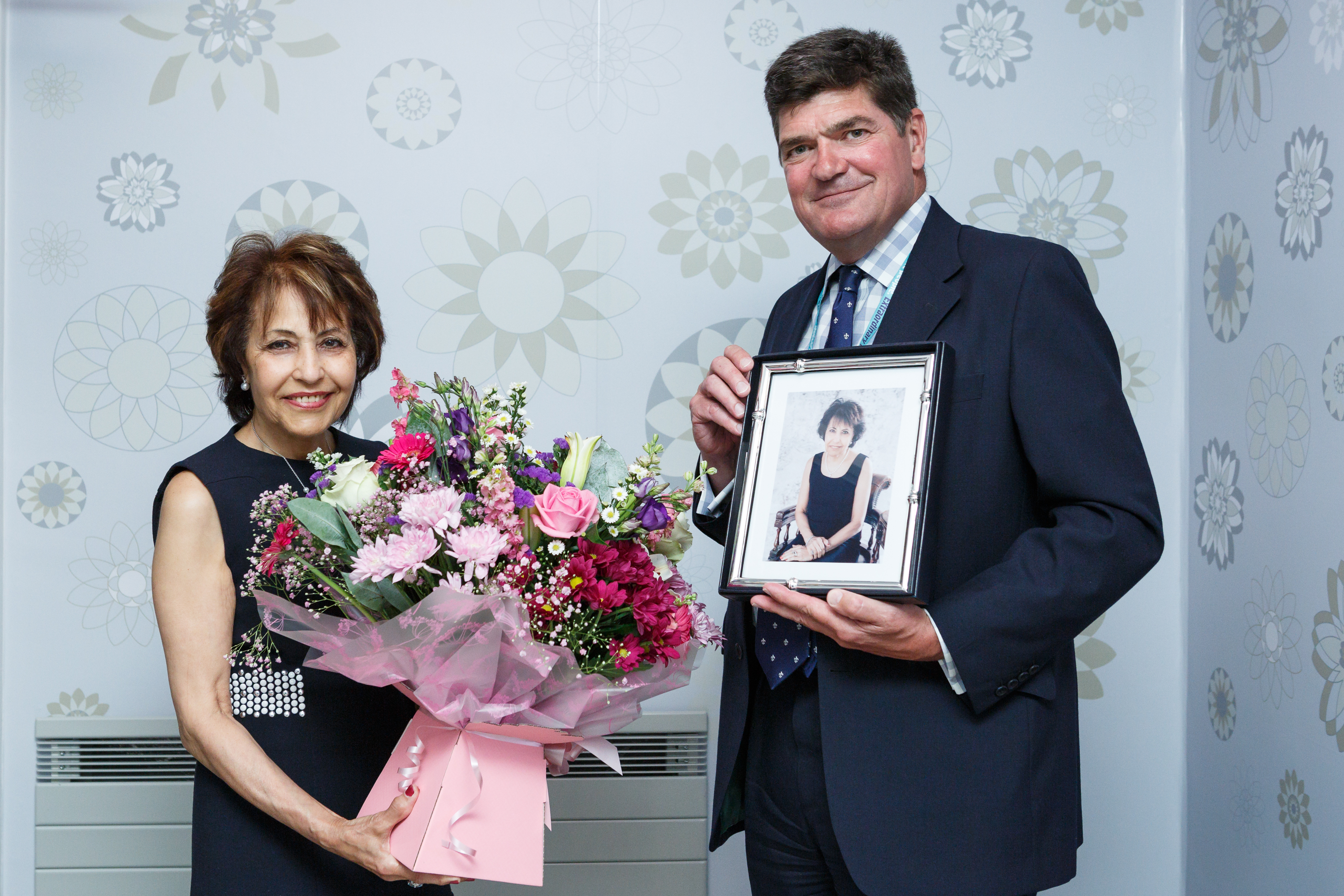
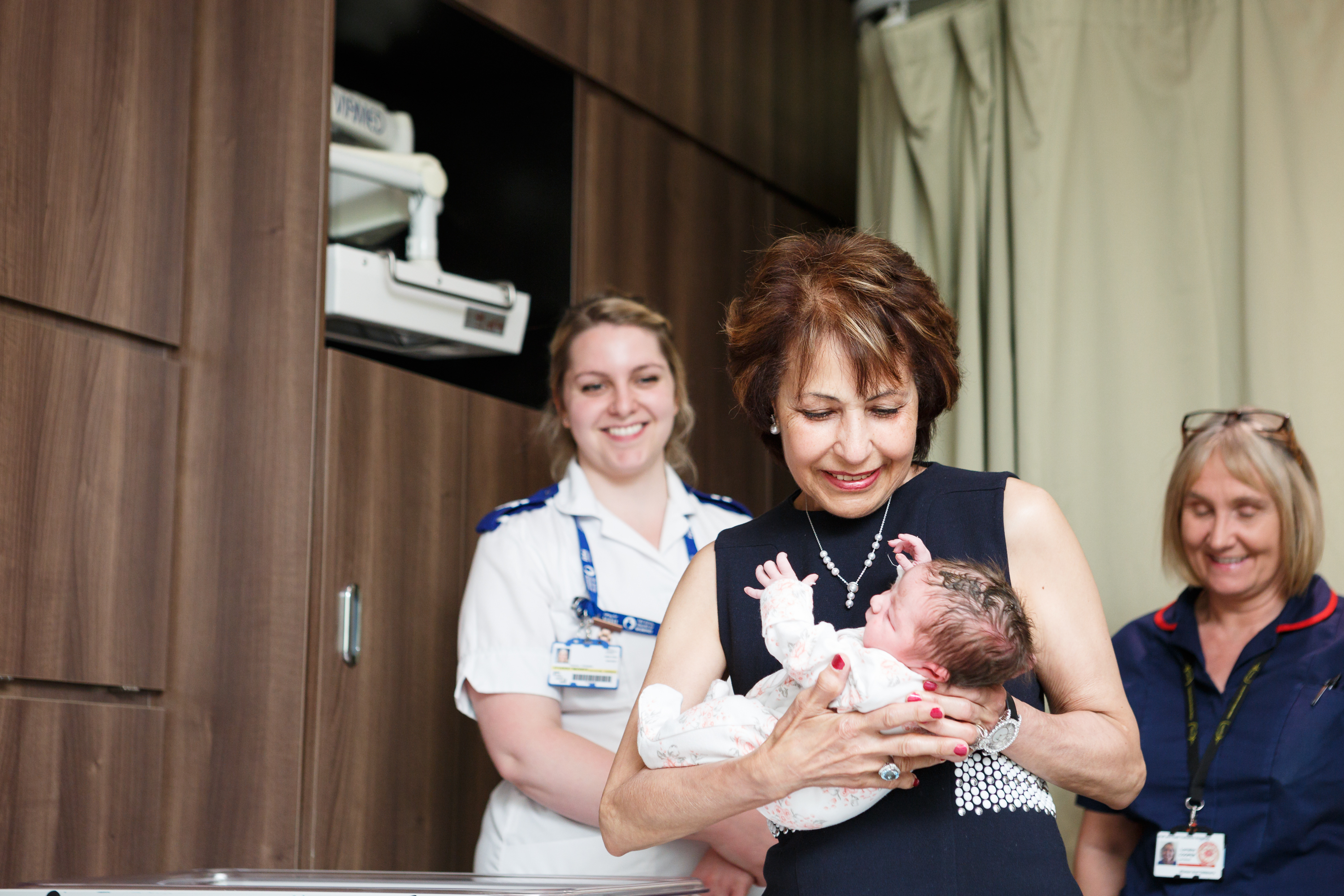
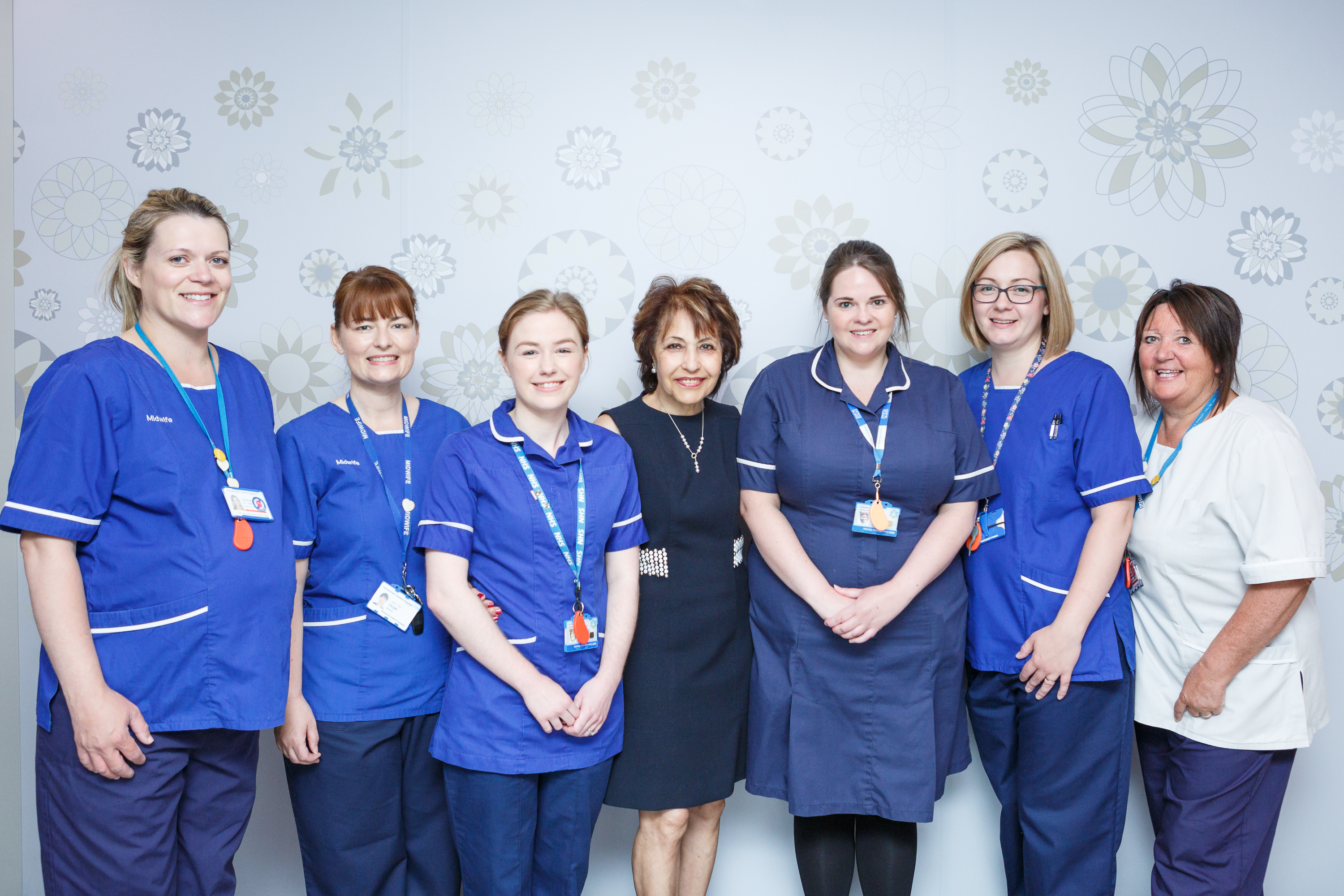

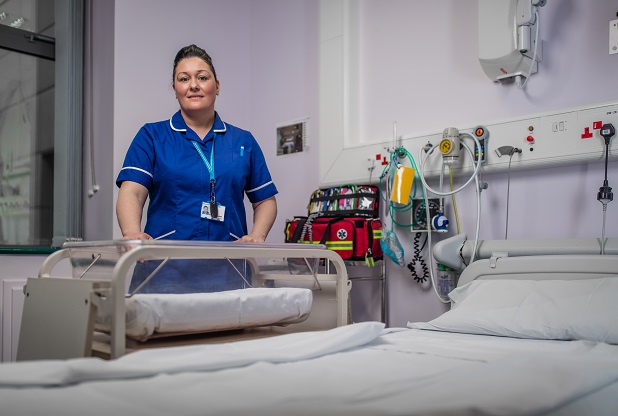

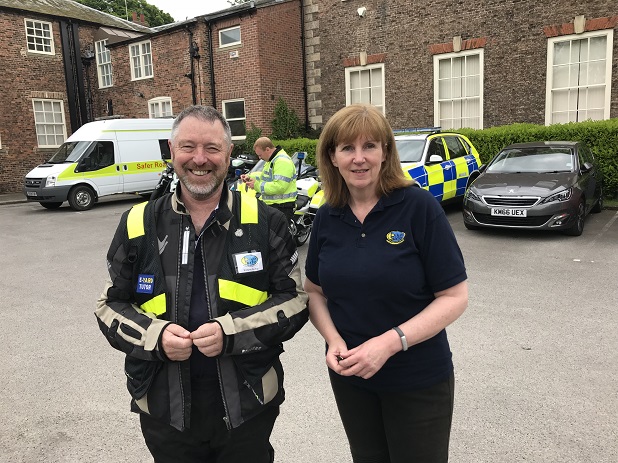


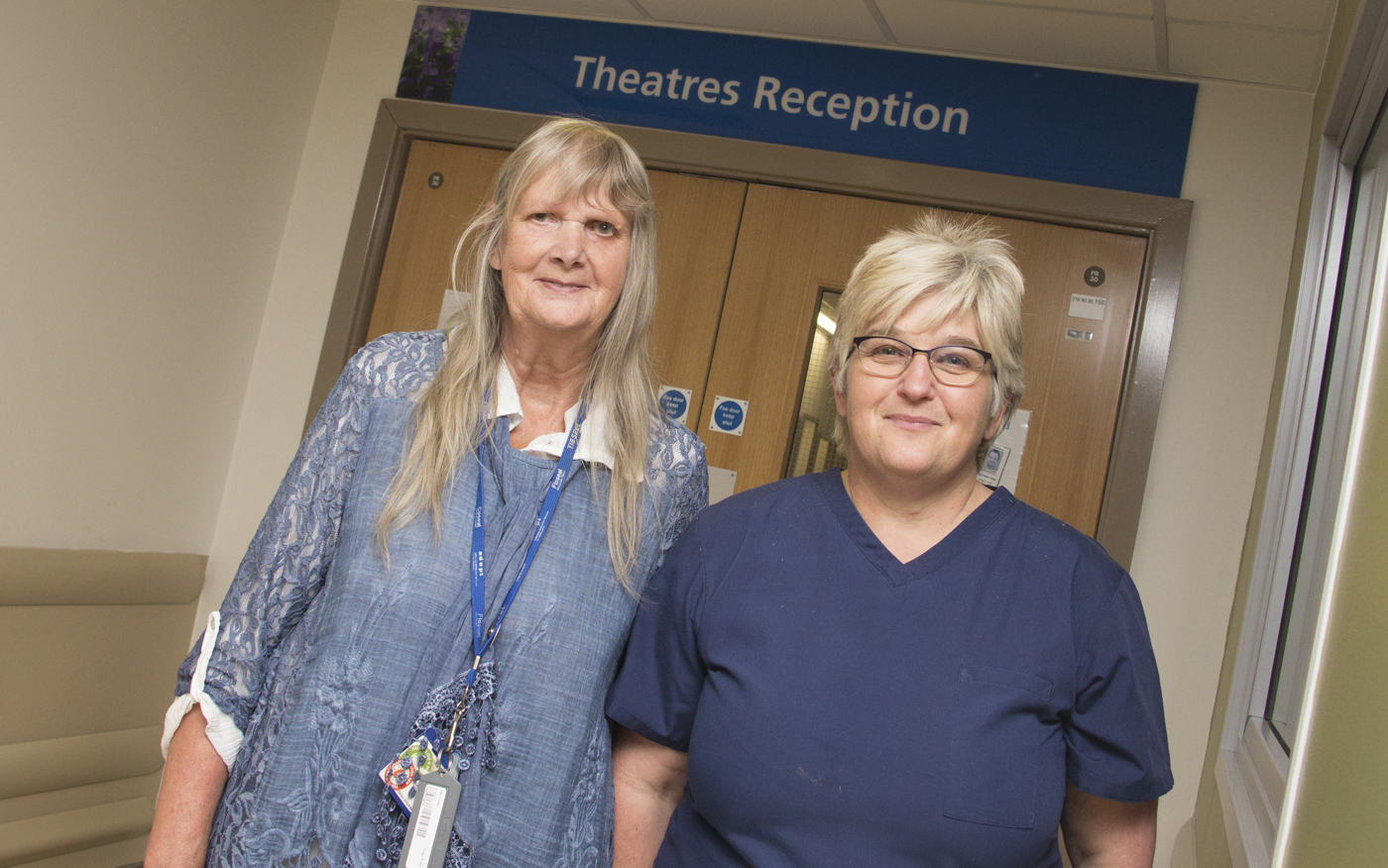

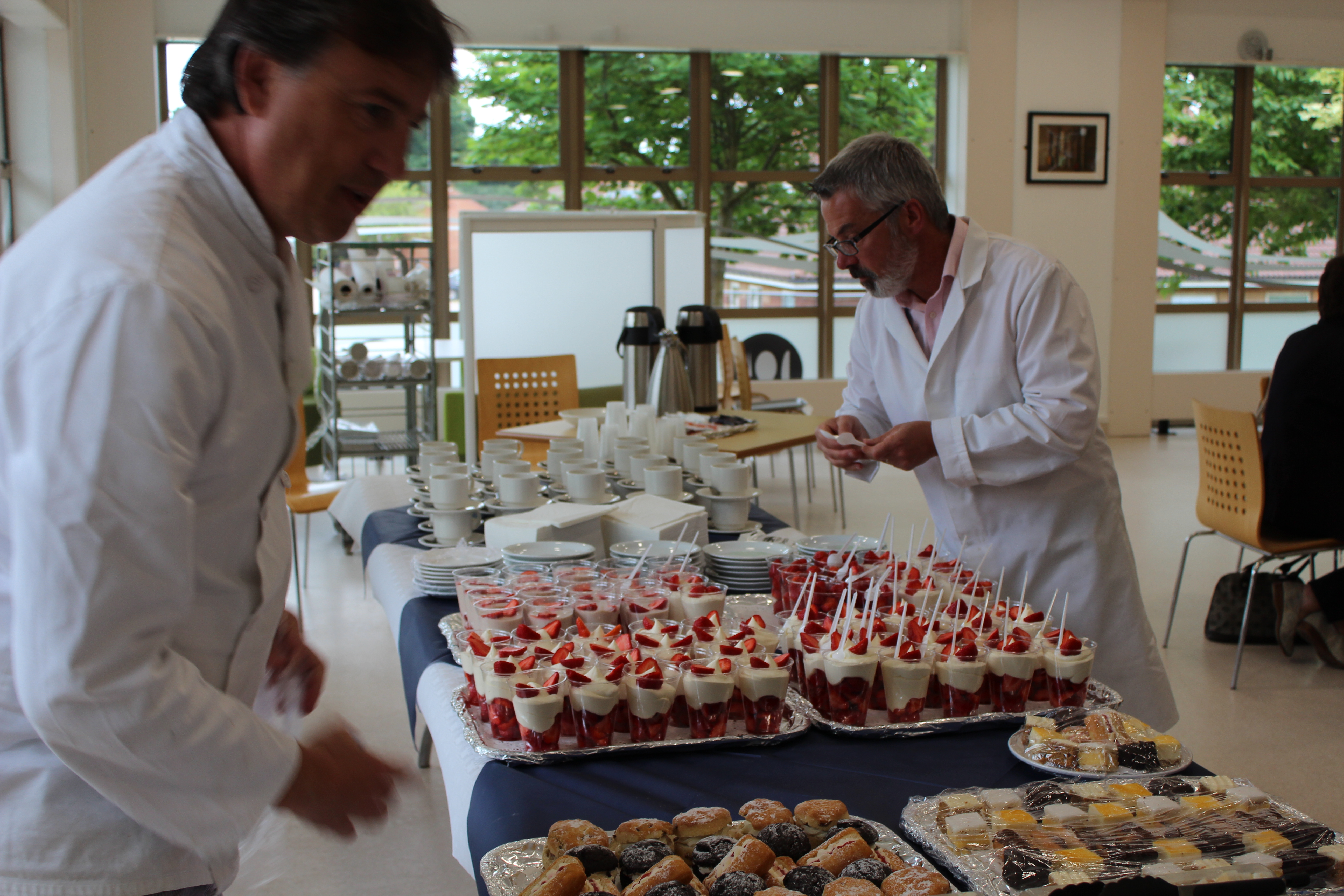
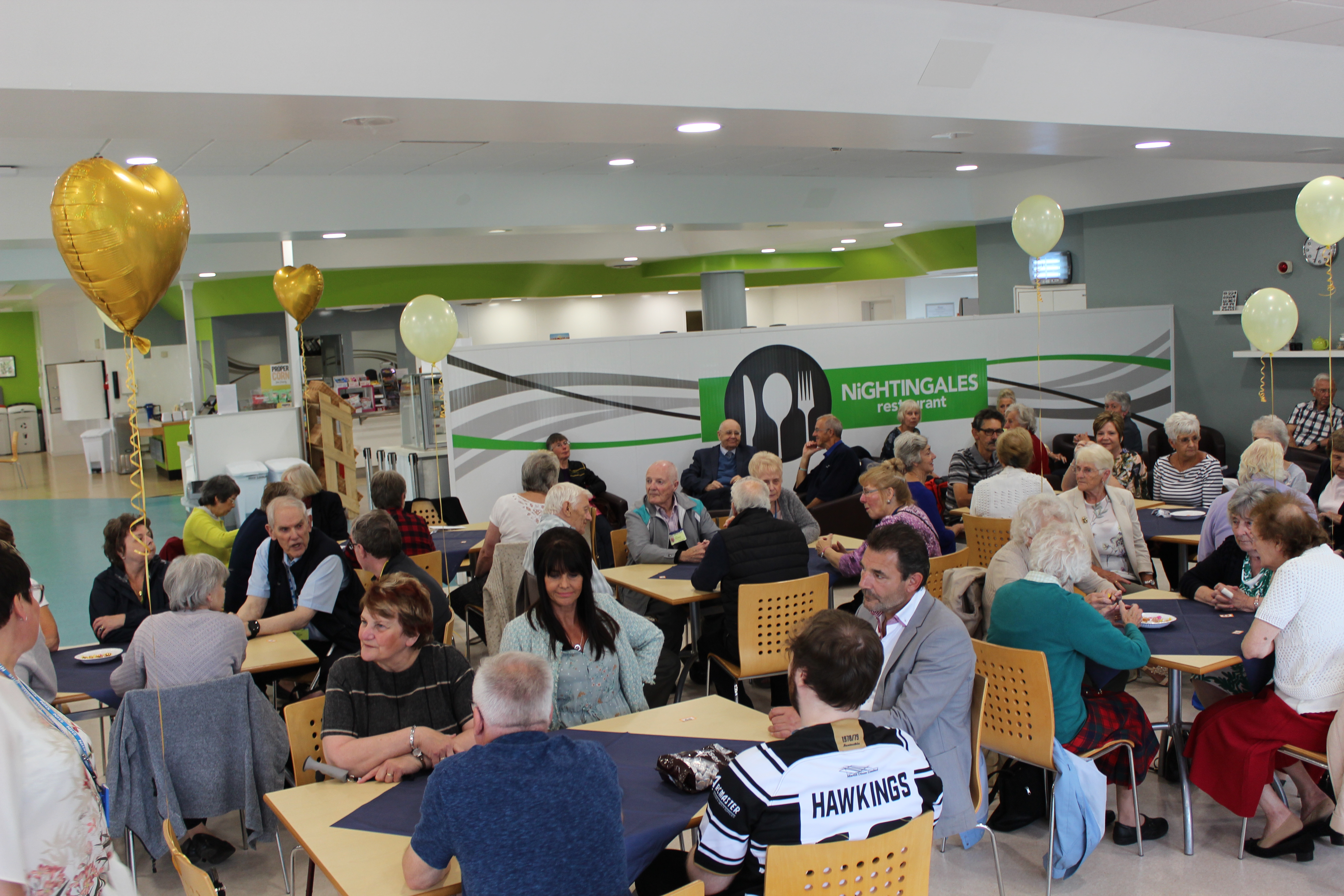

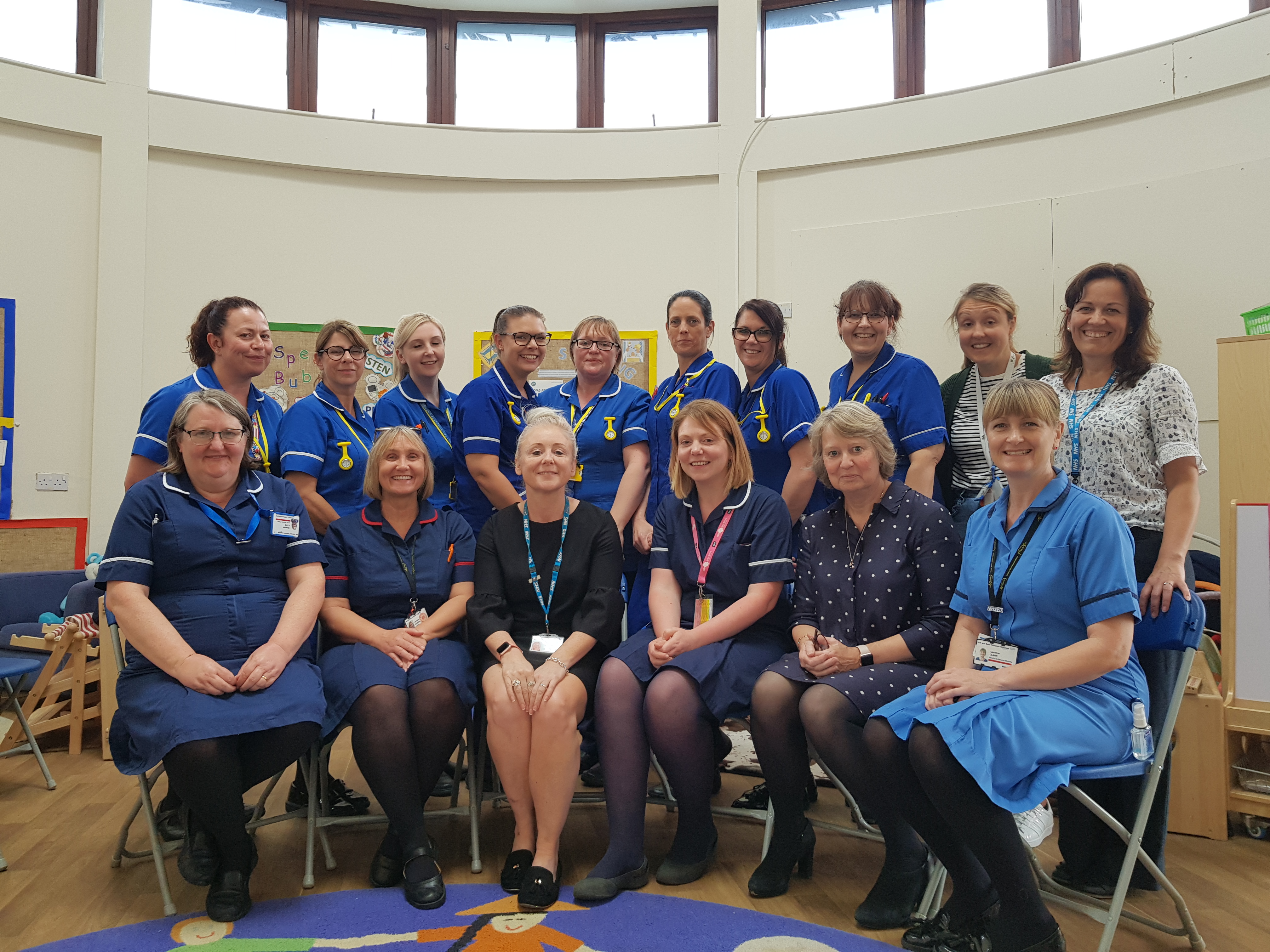
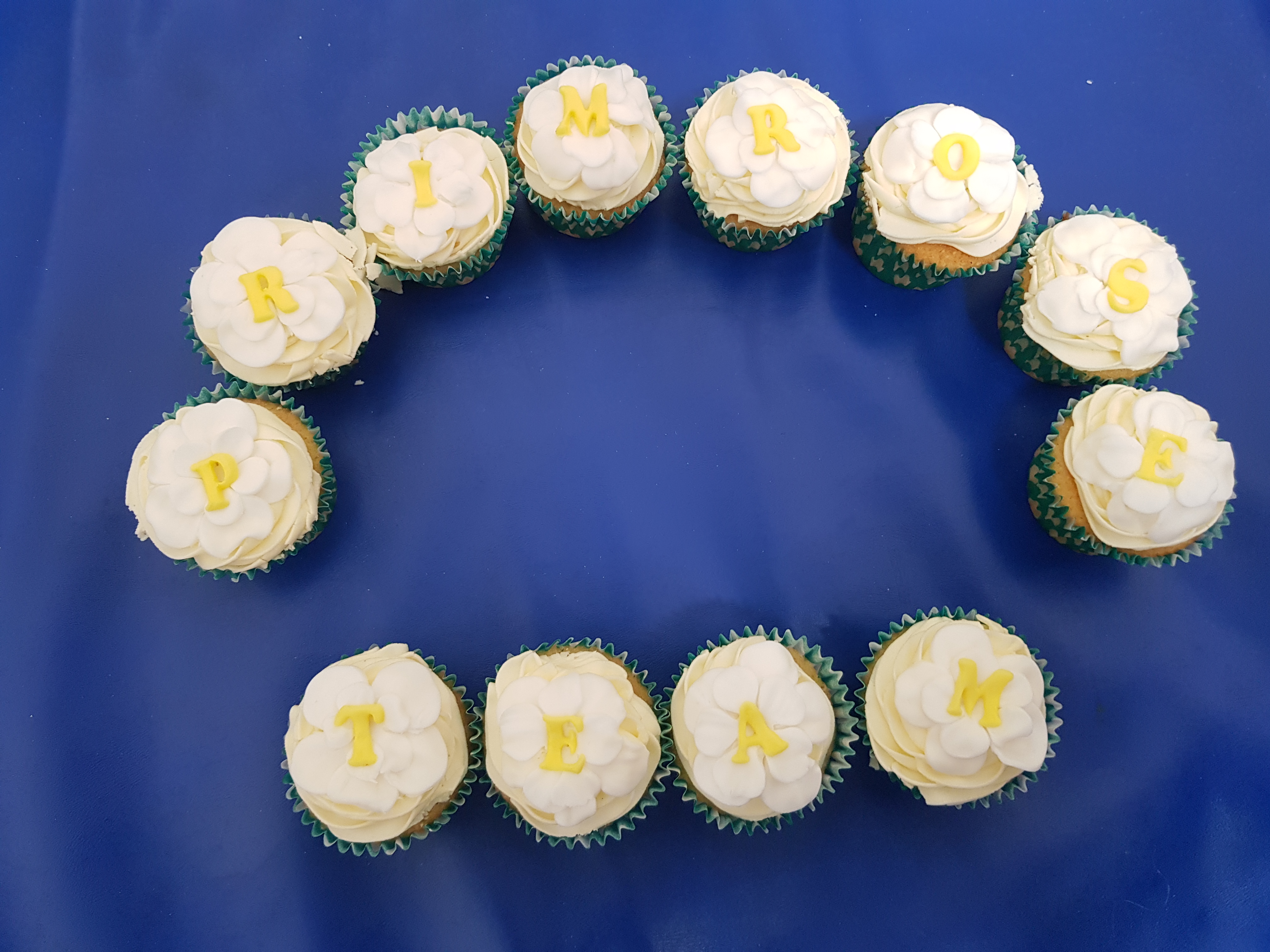 Claire Spear, one of the midwives in the Primrose Team, said: “We are looking forward to building great relationships with the women in East Hull to support them throughout their pregnancies, through the births and in those first few weeks after their babies are born.
Claire Spear, one of the midwives in the Primrose Team, said: “We are looking forward to building great relationships with the women in East Hull to support them throughout their pregnancies, through the births and in those first few weeks after their babies are born.

